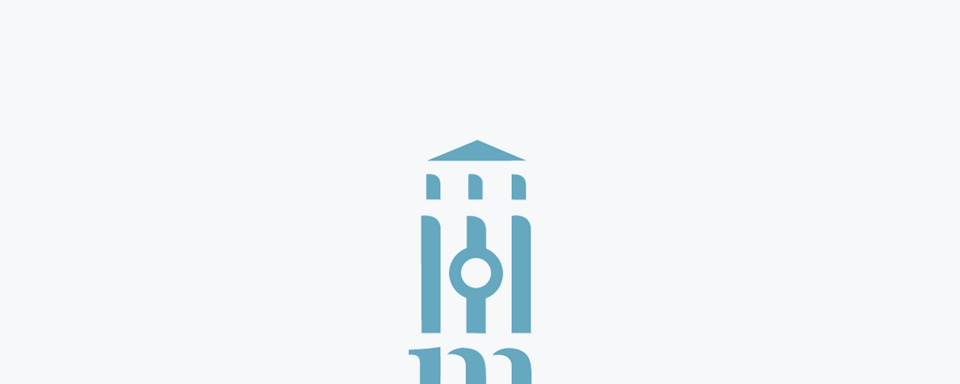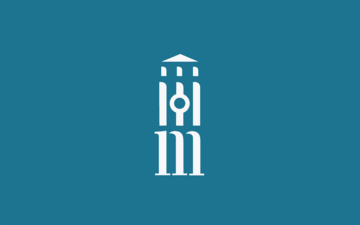"Throw Back to the Future" AAUP Blog Tour: Special University Press Week Post

The University of Michigan Press is one division of what makes up the whole of Michigan Publishing, which is closely affiliated with the U-M Library. Because of this unique collaborative structure, we have many opportunities to work with scholars to develop innovative ways to present their research. Throw Back to the Future could not be a more appropriate theme under which to introduce two major projects from Michigan Publishing; the first being a digital, interactive scholarly monograph built on a video game platform developed by a team of archaeologists to record their excavation of an ancient Roman city; the second, a sustainable digital publishing platform that stores information and data in whatever form it may take.
Meet Gabii: Uncovering the Past with the Technology of the Future
The Gabii Project, led by Rachel Opitz (University of South Florida), Nicola Terrenato (University of Michigan), and Marcello Mogetta (University of Missouri), is an international archaeological initiative created with the objective of studying and excavating the ancient Latin city of Gabii, a city-state that was both a neighbor of, and a rival to, Rome in the first millennium BC. The site of Gabii was occupied since at least the tenth century BC until its decline in the second and third centuries AD. Amazingly, in subsequent centuries the site of Gabii was never developed or even substantially occupied, nor has the urban area ever been the site of any major excavations. For these reasons, the site provides archaeologists with a unique opportunity to study the development and structure of Archaic urban planning in Central Italy.
Rachel Opitz, one of the core leaders of the Gabii Digital Team says:
"In putting together the first digital volume for the Gabii Project, we have grappled with many of the broader debates we see in archaeology and in the social sciences and humanities at large. We've had the opportunity to think through how to make our data open access, the role of citation in academic publication, and sustainability for digital data, and to see how these issues play out in practice…We're excited to be experimenting with how one publishes an archaeological excavation. We think that bringing out our interpretations and the supporting data closely linked together through an interactive, visual platform, is important because it allows for discourse with our data by the wider community. We hope the format of these publications will encourage readers to engage more deeply with the archaeological evidence from Gabii…A growing number of archaeological projects are producing rich digital datasets. Looking to the future, we expect to see a variety of approaches to publication, as teams try out new ways to communicate their findings and make their data available using digital platforms."
Fulcrum: Meeting Form with Function in Scholarly Publishing
Only a few weeks ago, The University of Michigan Press/Michigan Publishing in collaboration with Library IT announced the initial beta launch of another project: a digital publishing platform called Fulcrum. In its beta phase, the focus of Fulcrum is the presentation of digital source and supplemental materials that cannot be represented adequately in print form. The platform allows for a richer experience and deeper understanding for the reader and enables authors to make better, multi-faceted arguments by supporting multimedia content, including playback for audio and video files, and pan-zoom capability for high resolution images. All content is discoverable and preserved via durable URLs; structured metadata and faceted search results also allow for further exploration of the materials.
An example of this functionality will be seen in Gabii's final incarnation on the Fulcrum platform which will allow the reader to follow links from the text directly to the relevant point in the rendered 3D environment, and further to the corresponding record in the database. The migration of The Gabii Project to Fulcrum is scheduled to take place by spring, 2018.
Starting early next year, the Fulcrum development team will begin focusing on support for “born-digital” works, opening up possibilities for the dissemination of scholarship in new and innovative ways.
For more information on Fulcrum, visit http://fulcrum.org.




